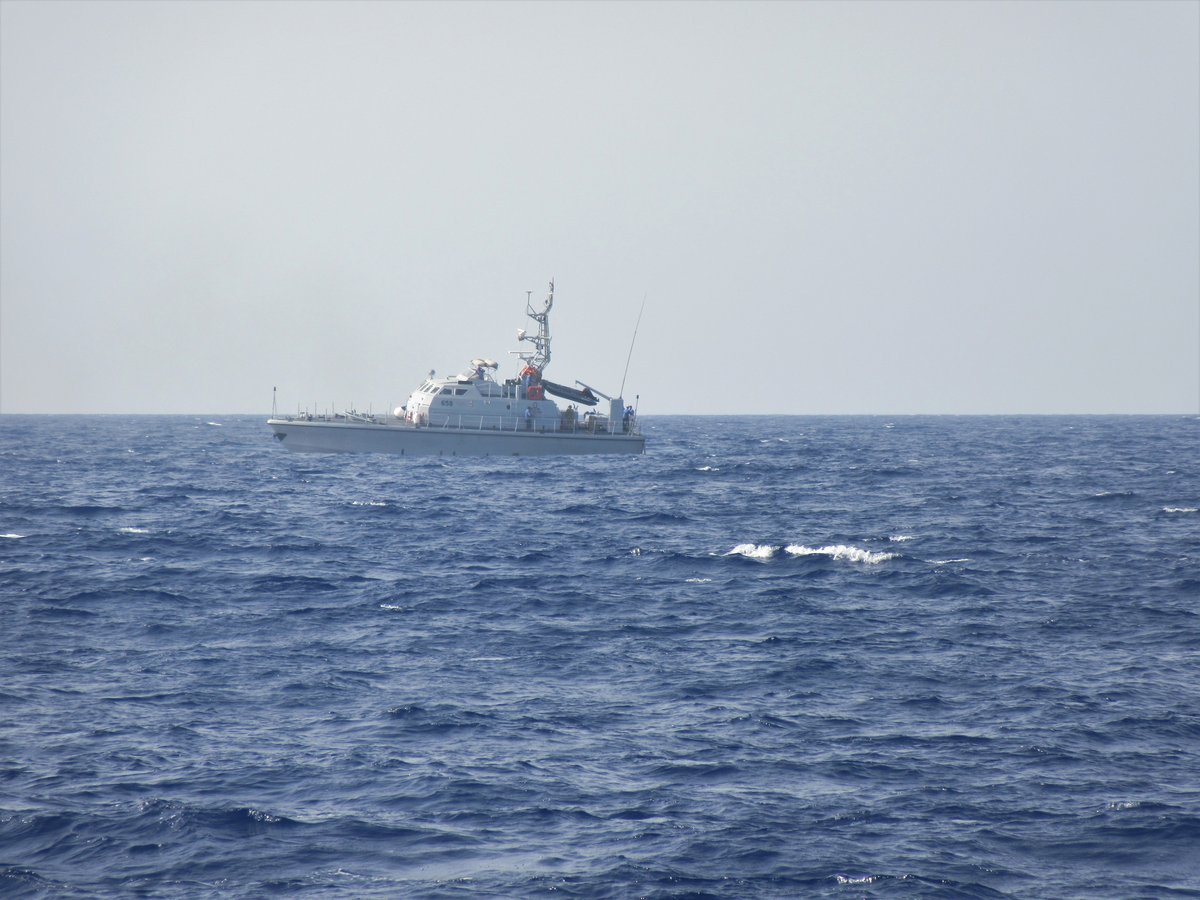Over 1,200 people have died so far this year in their attempts to reach Europe, according to latest UN figures.
Published on Tuesday (12 August) by the UN refugee agency (UNHCR), the 1,236 deaths or people gone missing mostly in the central Mediterranean reflects a persistent trend despite EU cash-for-migrant deals aimed at curtailing boat departures.
The death count for the whole of last year was over 3,500, although the true figure is likely to be higher given the plausible scenario of people drowning without any trace.
Both Italy and Greece continue to register arrival spikes when compared to previous periods.
In June, arrivals to Italy were 45 percent higher when compared to the same month last year.
The UNHCR says the vast majority of Italy’s 7,100 arrivals in June came from Libya, with many originating from countries like Bangladesh, Egypt and Eritrea.
Such arrivals have spooked EU states, which often resort to restrictions and punitive measures against asylum seekers as well as internal border controls.
Germany has announced it is extending internal border checks to its entire land border to beyond September — triggering tensions with neighbouring Poland.
Italy, for the first time ever, has grounded a reconnaissance plane used by German migrant rescue charity Sea-Watch.
“This marks a new escalation in the Italian government’s fight against civilian human rights observation in the Mediterranean,” said the NGO on X.
Meanwhile, Greece also saw a 46-percent increase in June when compared to last year, with Athens now resorting to slapping three-month asylum bans on arrivals from Libya that were landing on the island of Crete.
And although government figures suggest landings on the island have since dropped, the three-month asylum ban is likely to be further extended.
Last week, Greek migration minister Thanos Plevris told public broadcaster ERT that the government would not rule out extending the ban if needed.
Rejected asylum seekers in Greece will also be forced to wear ankle bracelets ahead of their final deportation.
This year, we turn 25 and are looking for 2,500 new supporting members to take their stake in EU democracy. A functioning EU relies on a well-informed public – you.
